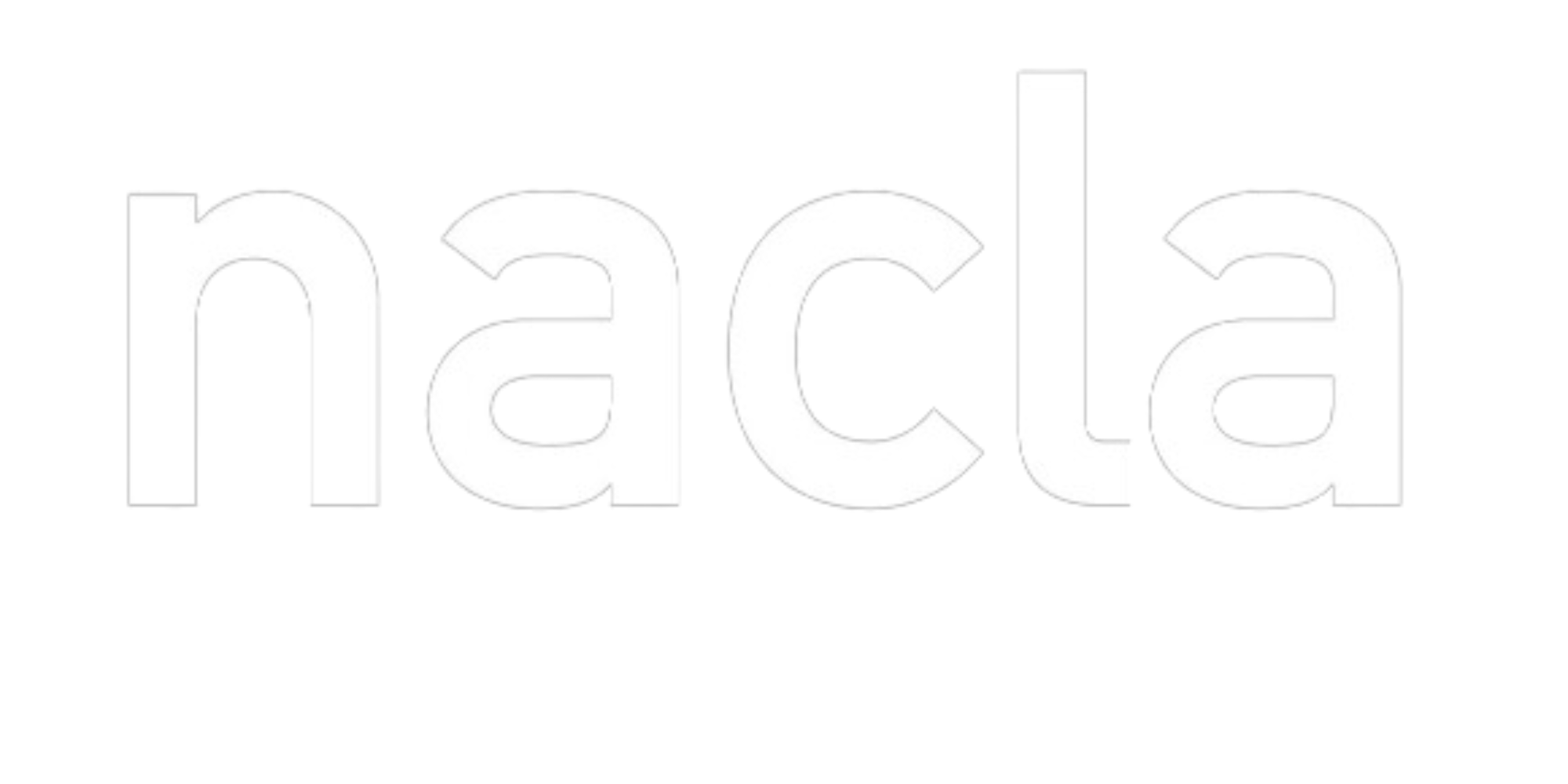Ever since Josd Napole6n Duarte’s
Christian Democrats were defeated in
municipal and legislative elections last
spring, U.S. policy-makers have faced
the delicate task of transforming pub-
lic perception of Salvadoran politics.
Gone are the days when they had only
to mention Duarte’s name for Con-
gress to approve another installment
of the more than $3 billion El Salvador
has received since 1981.
Now that the winner of last year’s
elections-the Nationalist Republican
Alliance (ARENA), founded by re-
puted death-squad sponsor Roberto
D’Aubuisson-is likely to win the
March 19 presidential election, low-
key efforts to persuade Congress and
the public of the party’s “moderation”
are underway.
“.JALZSfffI Ir.J.” U” t'”‘^”‘-‘ I L7O
Jeanne Kirkpatrick kicked it off last
June with a Washington Post op-ed in
which she called ARENA a “legiti-
mate political party that espouses mar-
ket approaches, private ownership,
personal initiative and
deregulation-the sorts of things Mar-
garet Thatcher and Ronald Reagan
have built their careers on.” Two
months later, the Heritage Foundation
prepared a “backgrounder” for circu-
lation at the Republican convention. It
claimed that “Since 1985…ARENA
has reformed itself fundamentally. It
is now governed by a 14-member ex-
ecutive committee and has appointed a
new president, Alfredo Cristiani, a
well-respected businessman and civic
leader.”
Cristiani, who speaks fluent Eng-
lish and holds a degree in business ad-
ministration from Georgetown, is the
key to ARENA’s new image. He has
no known ties to the death squads and
his U.S. supporters claim he is a rela-
ARENA candidate Alfredo Cristiani
Ken Silverstein is a freelance
journalist based in New York. He
was recently hired by the Associated
Press bureau in Rio de Janeiro.
tive newcomer to the party. With the
assistance of the Washington law firm
of O’Connor and Hannan, he has been
working Capitol Hill since September.
According to one Congressional aide,
State Department officers helped out
by setting up briefings for Cristiani
and holding meetings with the few
liberal “troublemakers” in Congress.
The ARENA candidate does a good
job of selling himself and his party.
An observer at a Carnegie Endowment
breakfast for Cristiani said he “was
very well prepared. He had clear and
convincing answers to questions and
his style conveys sincerity and
honesty-something you don’t expect
from ARENA.” When asked what as-
surances there were that the party
would not “revert to some of the darker
forces associated with Mr. D’Aubuis-
son,” Cristiani said that since he joined
the party in 1984, “there have been no
appearances of dark forces in this en-
terprise.” Responding to a later ques-
tion, he was more explicit: ” By the
participation of new people who are in
the party it is no longer a one-man
show. D’Aubuisson knows he is not
going to be participating in the gov-
ernment.”
The efforts of Cristiani and his
Washington friends seem to be paying
off. “Cristiani has generally been well
received,” said one Congressional staf-
fer. “He speaks excellent English and
he’s not a fist-pounding ideologue.”
Democrats seem to be the main target
of the PR effort. Last September,
Dick McCall, an aide to liberal Sen.
John Kerry (D-MA), surprised his.col-
leagues by showing Cristiani around
Capitol Hill, introducing the candidate
to Senators and their staffs. Stephen
Solarz (D-NY), a leader of moderate
Democrats and a strong backer of
Duarte, now says the United States
should give Cristiani a chance and not
act too hastily.
By all accounts, the United States
is still pulling for Christian Democratic
candidate Fidel Chavez Mena, report-
edly with a secret CIA slush-fund. But
if ARENA wins out, the groundwork
has been laid for a smooth transition of
perceptions in Washington. As one
aide put it, “I doubt Congress will do a
dam thing if ARENA wins the elec-
tion, even if killings start to rise sub-
stantially.”

